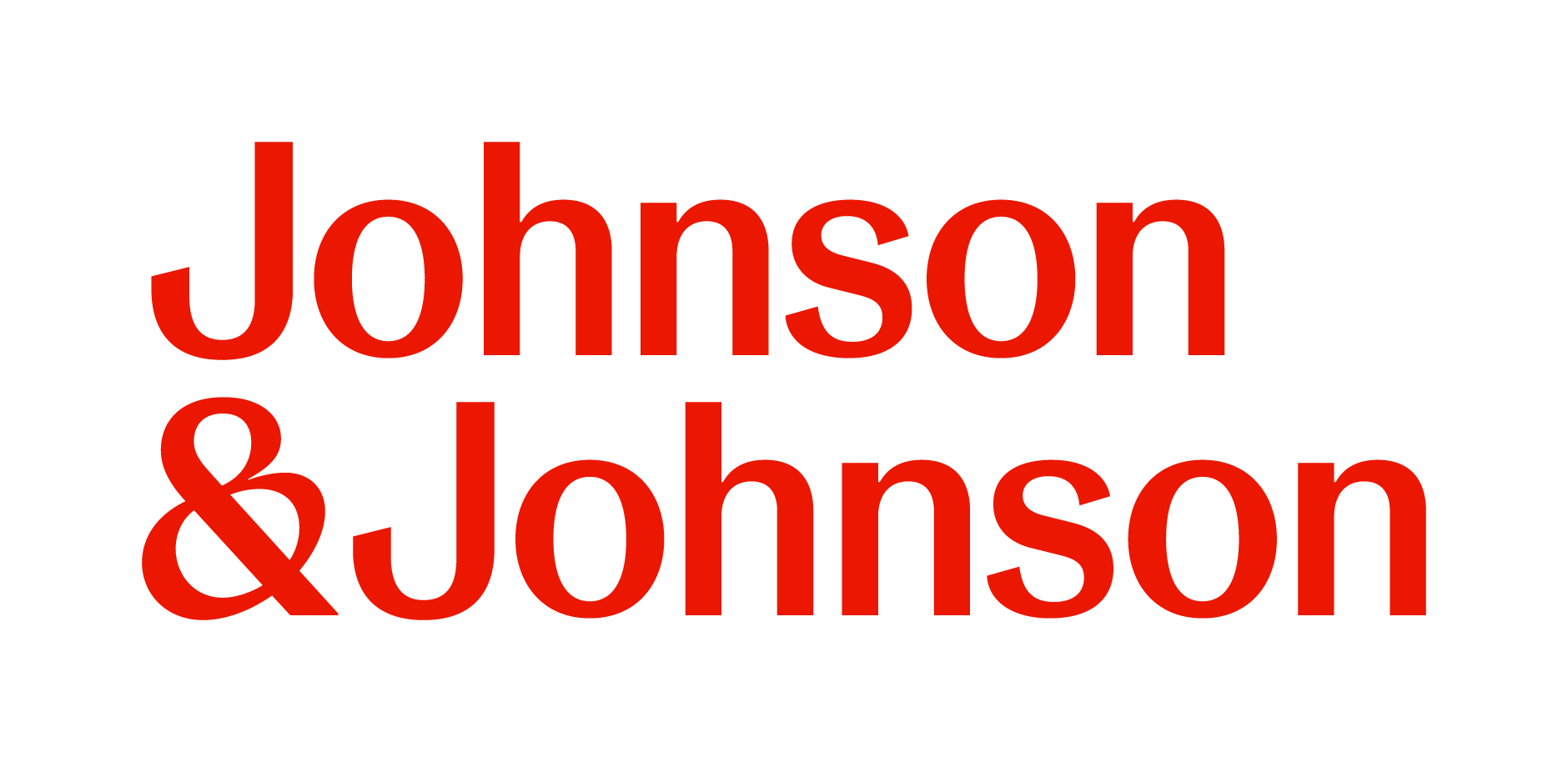One of the most common responses you’ll get when you say that you’re an English major is the quizzical, “Oh – what do you plan on doing with that?” Maybe you chose your major because your passion is to analyze the meaning behind the eyes of Doctor T. J. Eckleburg in The Great Gatsby (can you live?!). You certainly didn’t choose it to have a quarter-life crisis about how that passion may never turn into a profitable career.
If you’re worried about what you’re going to do with an English major after graduation, you should know that holding an English degree can lead to a myriad of career choices – not only in teaching or in publishing but also in business, law and many other professions like Researcher or Content Writer. Renowned filmmaker Steven Spielberg majored in English at California State, Long Beach, former ABC World News anchor and broadcast journalist Diane Sawyer majored in English at Wellesley, and Sally Ride, the first American woman in space, got her English degree from Stanford. Their careers prove that your major does not define your career path – you have the power to create your own narrative.
Working your narrative involves identifying the transferable skills you gained from studying English, skills that are valuable in almost any role. What are those skills? Well for one, you can’t go 5 minutes on the job search without seeing a listing that reads, “Must have excellent communication skills.” As an English major, you’ve been asked to clearly state your ideas or your interpretation of certain texts, and you’ve also developed valuable writing skills, formulating complex, concise and insightful papers each week. Your articulate communication skills are indispensable in any workplace – whether you’re brainstorming ideas in a meeting or writing emails to clients.
Because you’ve not only had to analyze, compare, and contrast different texts but have also had to read and understand thought pieces written about those texts, you have critical thinking skills. Critical thinking will allow you to understand different perspectives and make logical, informed decisions. Your eagle eye for grammatical errors and literary nuances signifies a fierce attentiveness to detail, minimizing carelessness in the workplace.
Make sure to talk to your professors about the skills they are trying to instill in you and think about what you’ve learned from your past English courses. This will help you to think of even more skills that you can reference in future interviews – skills that will help you show just how qualified you are as a candidate. More importantly, you’ll be able to breathe easy the next time someone asks, “So, what are you planning on doing with that degree?




